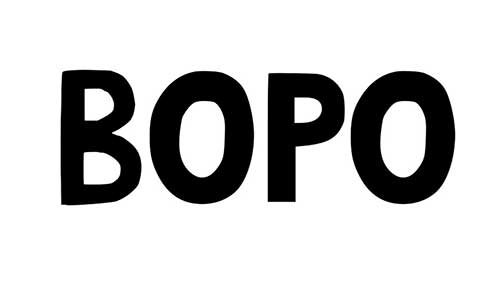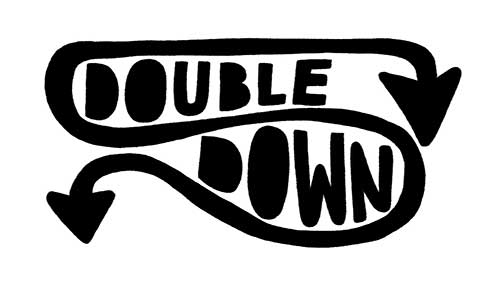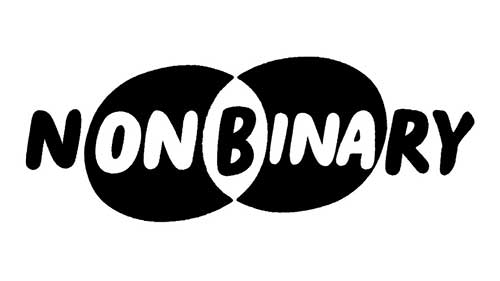In a year dominated by contentious political issues as well as environmental concerns, it is hardly surprising that many of the words Collins’ lexicographers found coming to the fore during 2019 were either directly political in nature, such as ‘entryist’, or being used most frequently in political contexts, such as ‘double down’. As ever, though, the rich tapestry of life and language provides much more than politics to consider, with society and social media contributing ‘bopo’, ‘cancel’ and ‘nonbinary’ to the 2019 Word of the Year list.
bopo

The terms ‘body-positive’ and ‘body positivity’ first occur in Collins’ database of language, the Collins Corpus, in 2013, as does the shortened form ‘bopo’ (or ‘BoPo’). The increasing prominence of the hashtag-friendly ‘bopo’ in 2019, a year when its usage doubled, may be linked to advertising campaigns featuring models of different shapes and sizes radiating happiness and having fun. The movement encouraging people to reject insecurities about body image and accept themselves as they are has also given rise to ‘body neutrality’ and ‘weight neutrality’. However, where these terms imply an absence of judgement, either negative or positive, they don’t convey the same sense of appreciation, or even celebration, of the body that has been championed by so many this year.
cancel

2019 is the year that a new shade of meaning of ‘cancel’ (from the Medieval Latin verb cancellare, meaning ‘to cross out’) became firmly established: to publicly cease to acknowledge a person or organization in order to express disapproval of something they have said or done. While this might not sound the most damaging of gestures if carried out by an individual, with propagation and promotion – especially on social media – it can become a repudiation on a scale that merits the application of the word ‘cancelled’ and the complete nullification that it connotes. Indeed, the practice of ‘cancelling’ has become so pervasive that the term ‘cancel culture’ has emerged, and this saw a staggering twentyfold increase in usage in 2019.
double down

The phrasal verb ‘double down’ is hardly new: it is first recorded in the context of card-playing in the 1940s. In the game of pontoon (or blackjack), players have the option of doubling their original stake before receiving one additional card, or ‘doubling down’. In the game of politics, one might ‘double down’ by reinforcing one’s commitment to an action or idea in the face of opposition or risk. Given some of the extreme choices faced by politicians – and their electors – in the Brexit battles of 2019, with many a defiant statement being made in the face of opposing parties roaring disapproval, ‘double down’ has given political journalists a ready-made term that encapsulates refusal to compromise on an issue.
entryist

Staying on the subject of politics, ‘entryist’ became another familiar term in 2019. ‘Entryism’, referring to the practice of joining a political party with the intention of changing its principles and policies, is first recorded in English in the 1960s, with ‘entryist’ following in the 1970s. While they were particularly associated with the infiltration of the Labour Party by the far-left group Militant in the early 1980s, the terms have re-emerged in recent years in British politics with relation to both the right-wing Leave.EU exerting influence within the Conservative Party and the left-wing Momentum group making its presence felt within the Labour Party. As far as Collins lexicographers are concerned, the main upshot of such political manoeuvring in 2019 is a 50% increase in the recorded usage of ‘entryist’ and ‘entryism’ since 2018!
nonbinary

‘Nonbinary’ was originally used in the 1940s as a technical term in mathematics and science, meaning ‘not relating to a system in which there are only two values’. Today, the overwhelming majority of occurrences of this word are found in the context of gender identity, specifically an identity that does not belong to the two previously accepted categories of male or female (the ‘gender binary’). 2019 saw a marked increase in occurrences of ‘nonbinary’, possibly driven by singer Sam Smith’s declared identification as nonbinary and their request to be referred to by the gender-neutral pronouns ‘they’ and ‘them’. This contemporary meaning of nonbinary is now so widely acknowledged that the abbreviated forms NB and enby are also on the rise.




collins_dictionary_official
The home of living language. #wotd #wordlovers #collinsdictionary
Read our word of the week definitions and blog posts: